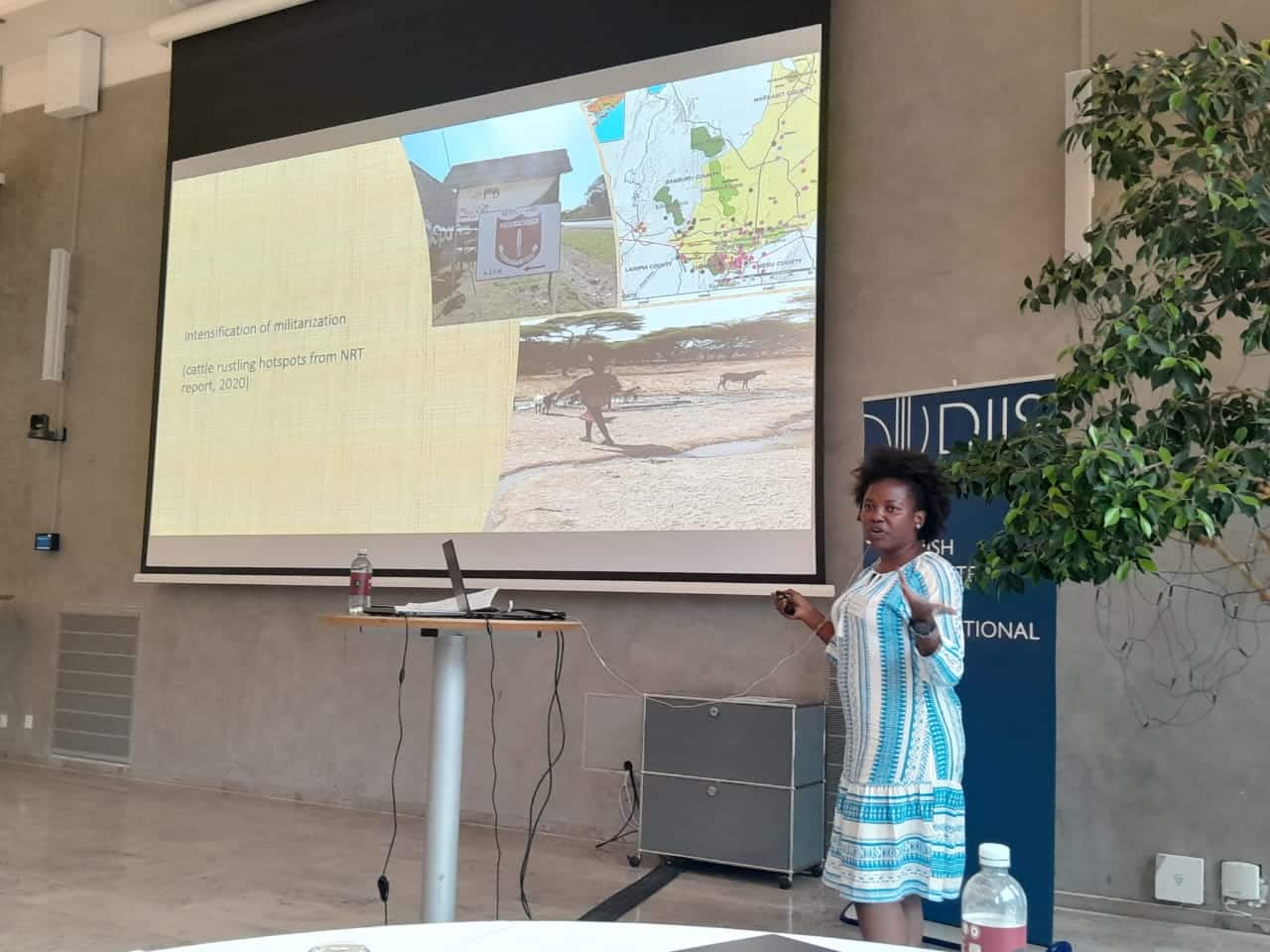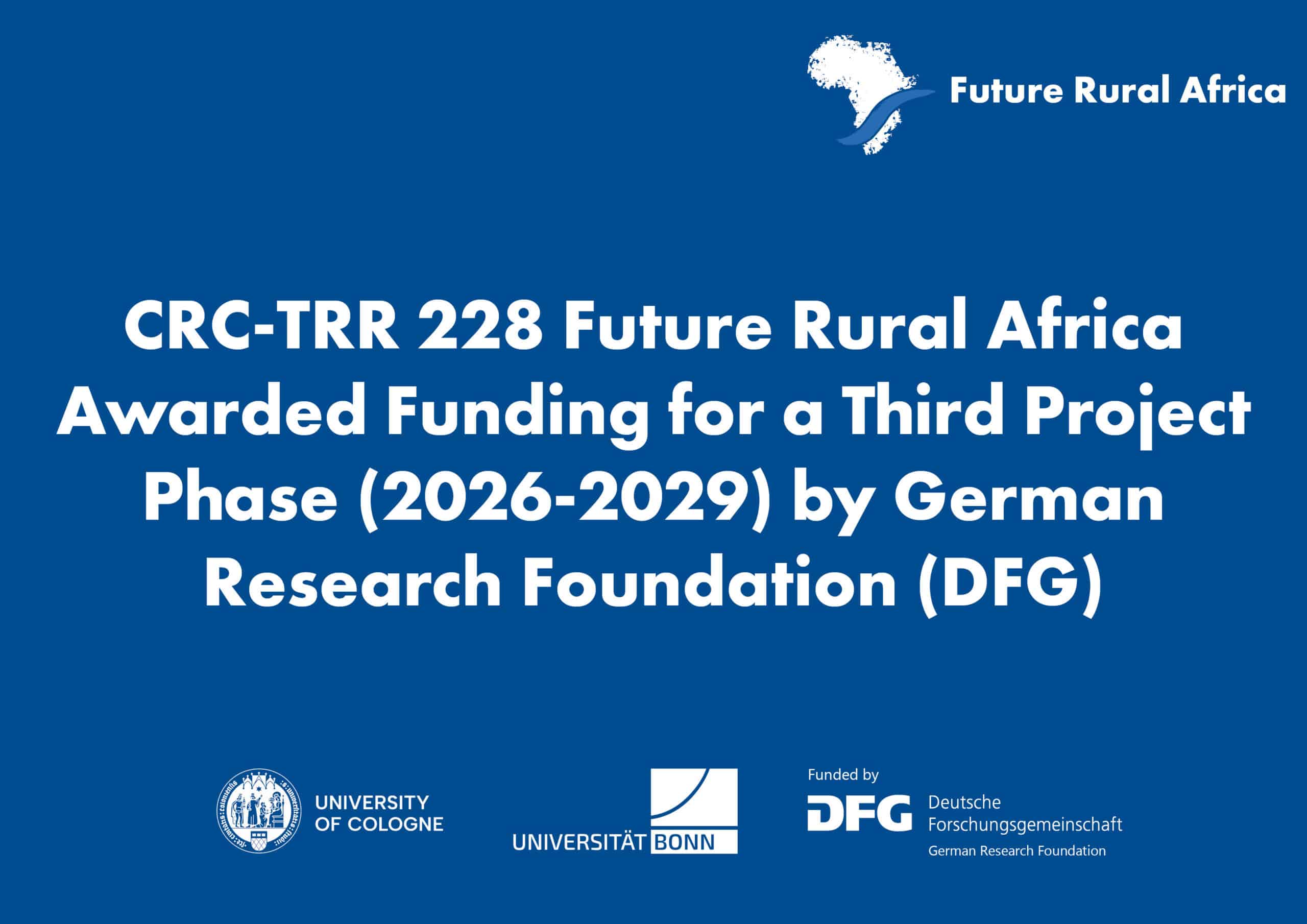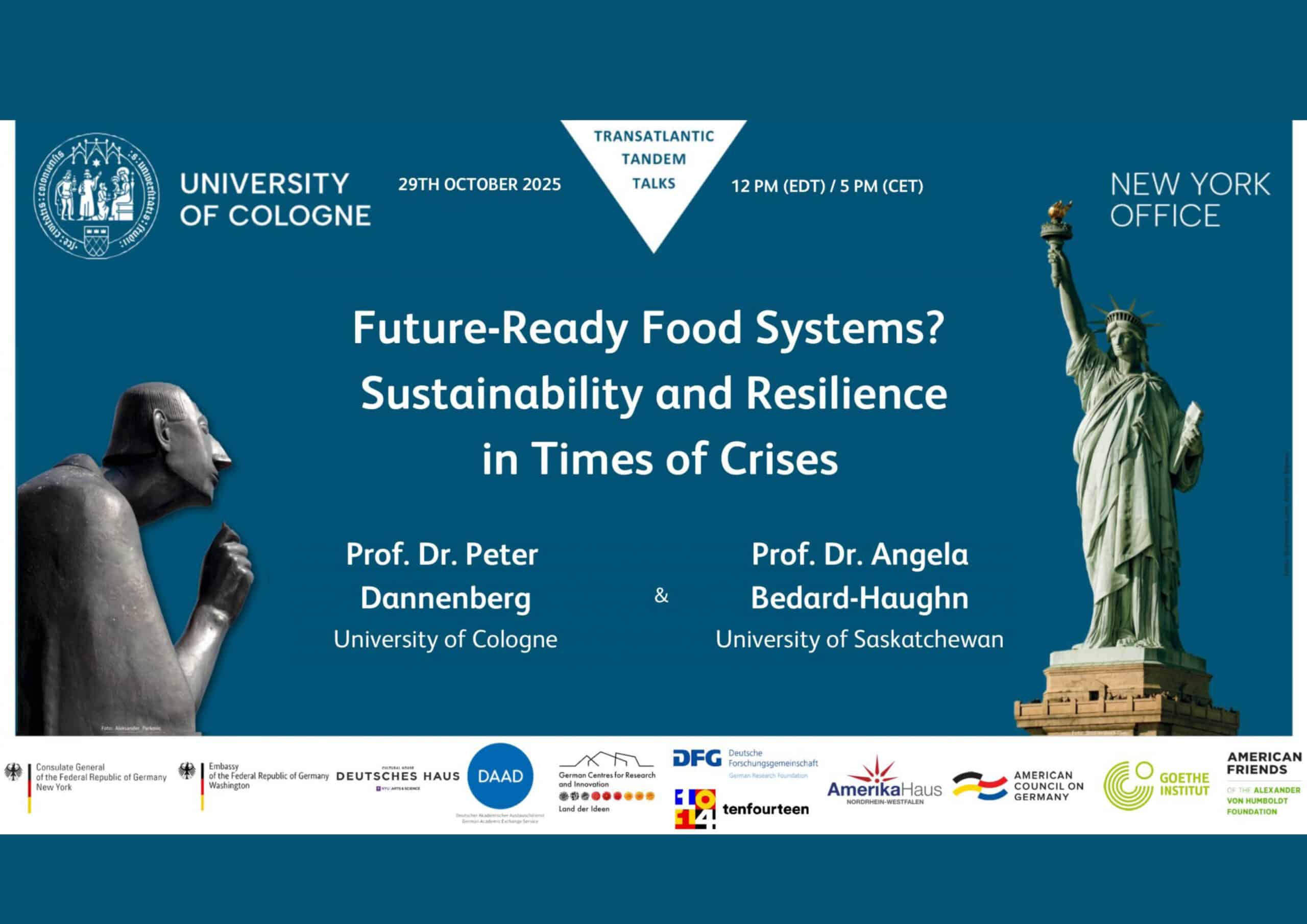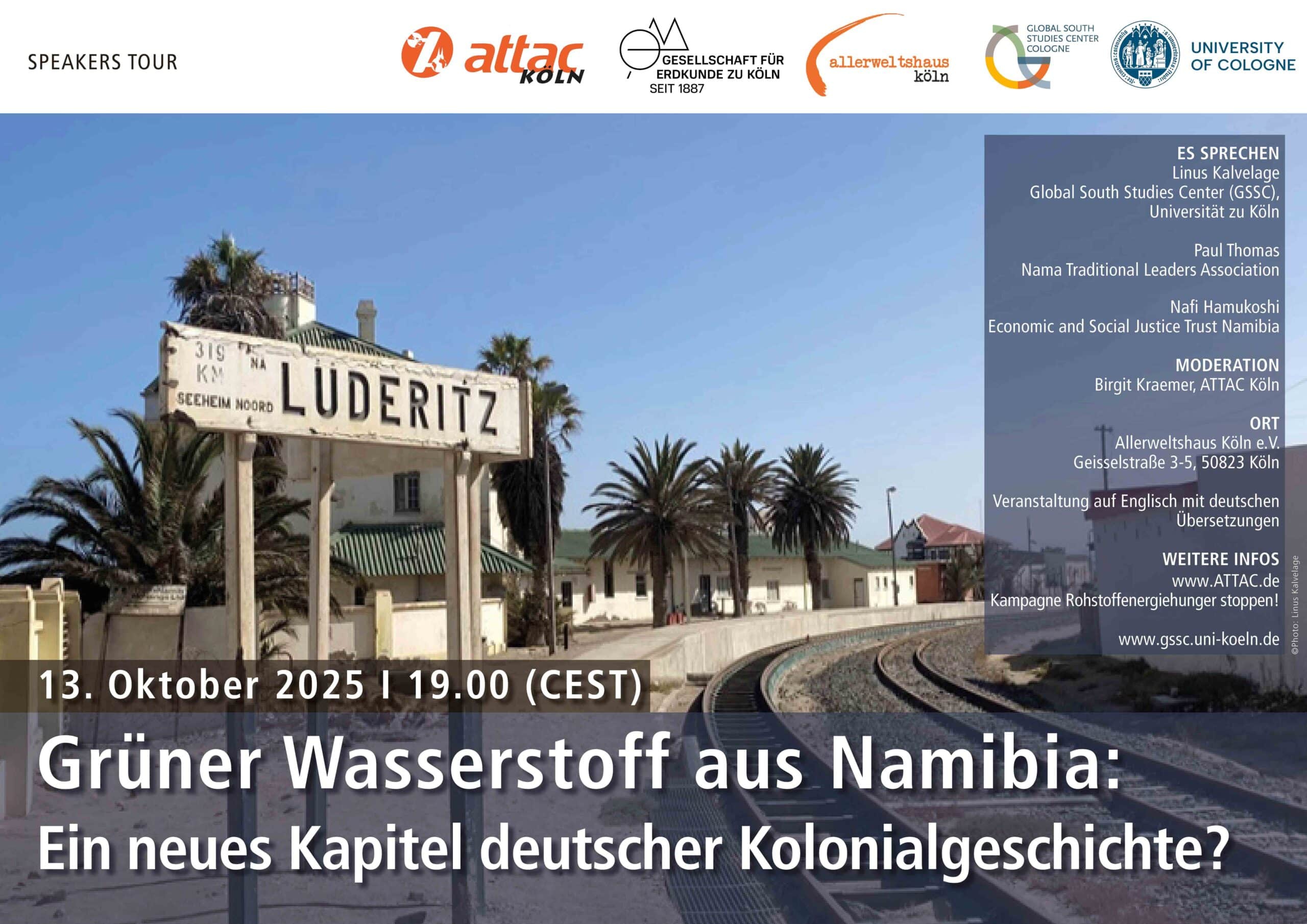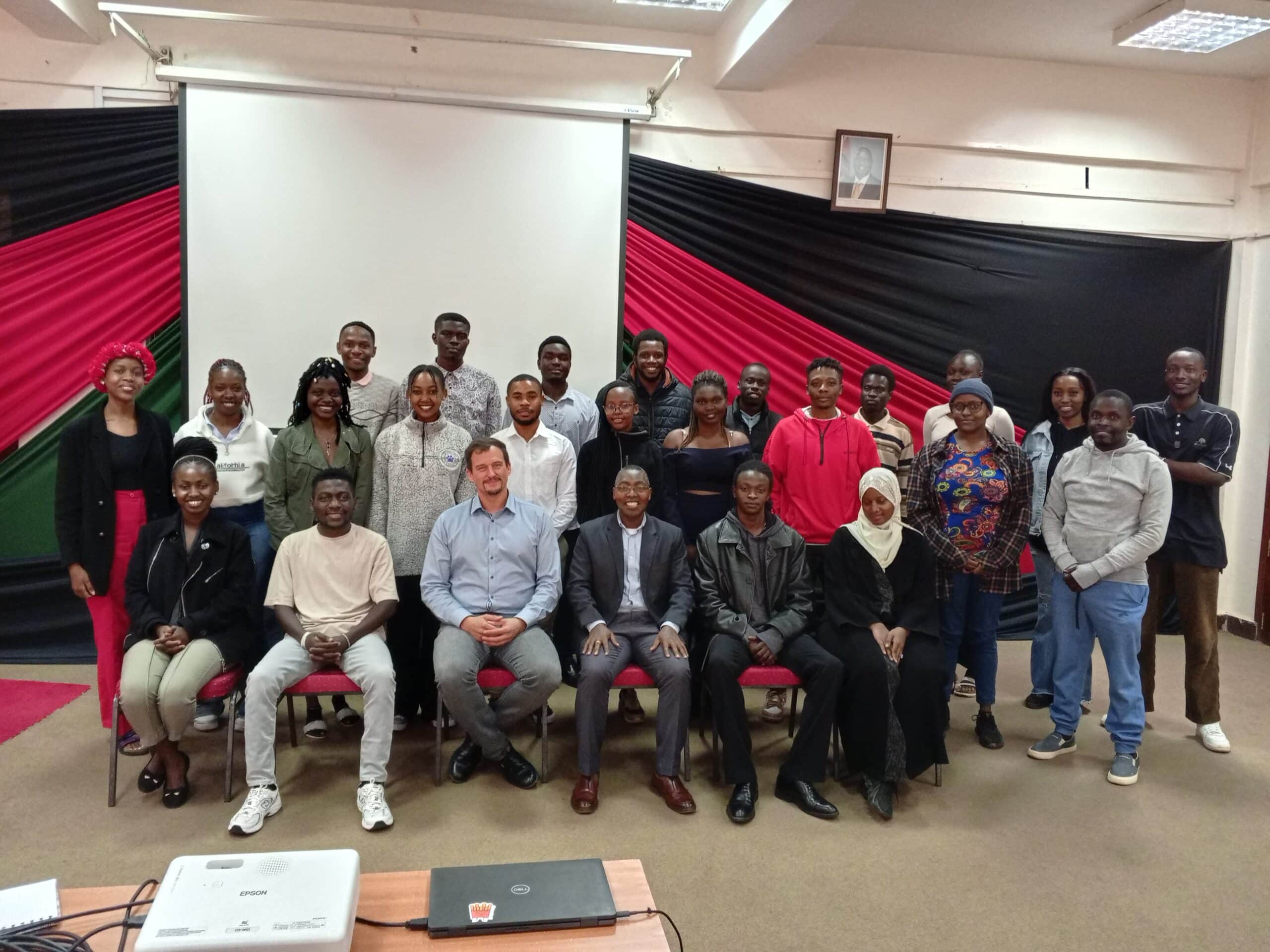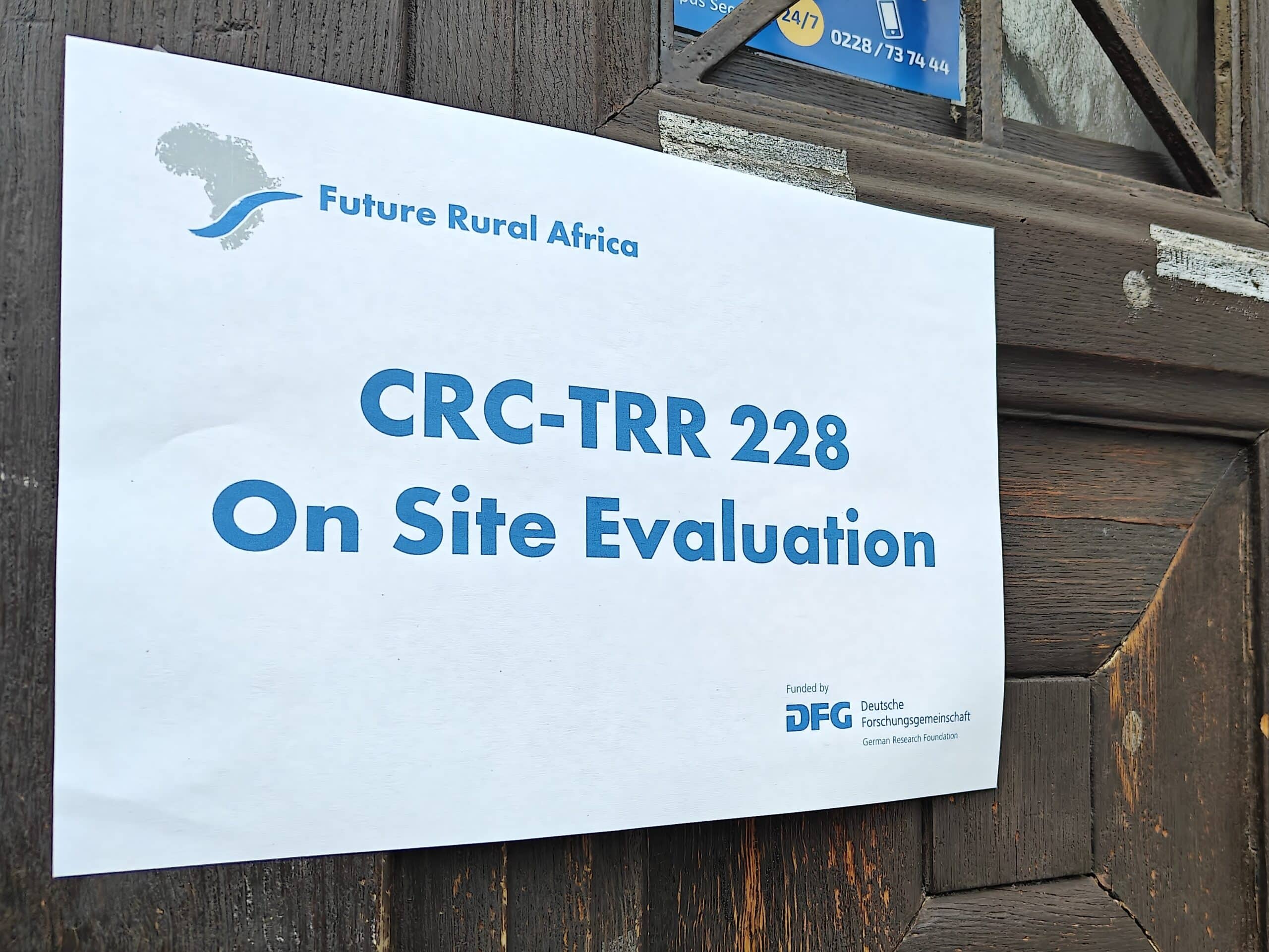TUE I June 27, 2023 I Copenhagen, Denmark
Evelyne Owino, researcher from Project B03 “Violent Futures” gave a presentation at the Conference on Natural Resource Management and Conflict in Africa to present some of her work on the transformation of organized violence from natural resource management perspectives in Samburu and Isiolo, Kenya.
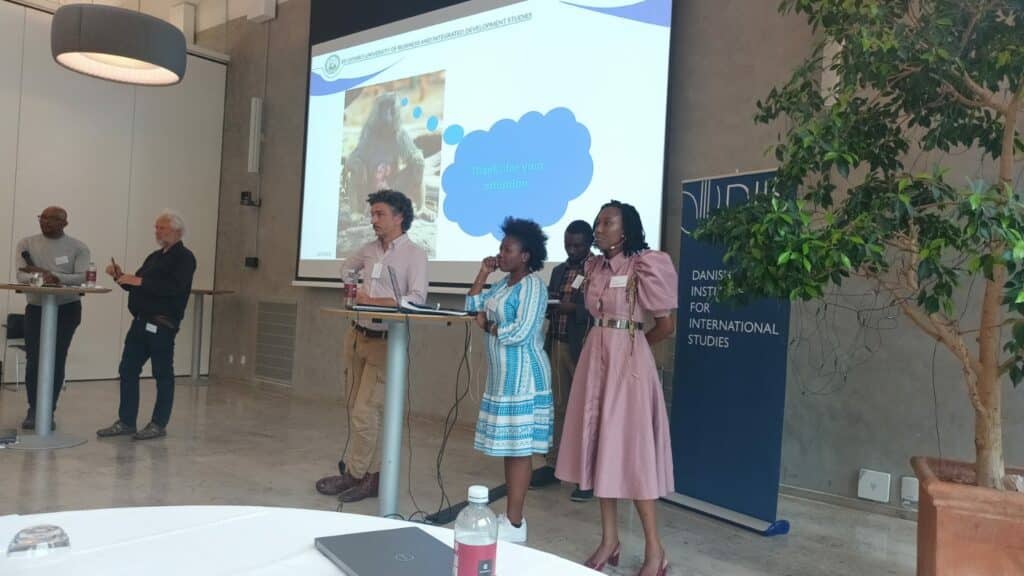
Transformation of Organized Violence from Natural Resource Management Perspective: A Comparative case of Samburu and Isiolo Counties, Kenya
By Evelyne Owino
The contemporary world is experiencing new forms of social order, and violence and conflict have become more complex to solve following the social-ecological transformations taking place within the frontier—spaces once defined as “empty and unproductive” by Schetter, Mkutu, & Müller-Koné, (2022). This paper investigates how organized violence practiced by state and non-state actors contributes to natural resource management conflicts in Samburu and Isiolo counties. Organised violence is defined here as—legitimate and illegitimate monopoly of force practiced by state and non-state actors. The paper benefits from ongoing PhD field research incorporating interviews collected from key informants such as government representatives, local communities, civil societies, and non-governmental organizations working on conservation initiatives in Samburu and partly in Isiolo counties as well as the vast conservation literature. The paper investigates how the partnership between conservation NGOs such as the Northern Rangeland Trust, pastoral communities, and national and county governments contributes to natural resource management or facilitates violent conflicts in Northern Kenya. The argument here is that the introduction of the NRT, using conservation as an objective and applying what Lunstrum (2014) calls ‘green militarization’—the use of military/security personnel in conservation efforts through policing the community conservancies and other resources such as land transforms organized violence at the same time ignoring existing social order among the pastoral communities in Northern Kenya. In addition, the focus on conservancy as an economic opportunity erodes the main aim of conservation, leading to what Fairhead et al. (2012) refer to as green grabbing —appropriation of land with the aim of natural resource management. I argue that NRM needs a framework of local partners to allow transparency and better coordination of priority investment set by different actors such as the pastoral community, global conglomerates, and government. However, the current intensification of use of force/policing the conservancies applied in Northern Kenya community conservancy agenda is exacerbating conflict/violence.
References
Schetter, C., Mkutu, K., & Müller-Koné, M. 2022. ‘Frontier NGOs: Conservancies, control, and violence in northern Kenya’ World Development, Vol. 151, March 2022. 105735. DOI
Mkutu, K., 2020. ‘Security dynamics in conservancies in Kenya: The case of Isiolo County’, BICC Working Paper series, no. 3, 2020. viewed 28 September 2020. Link
Schetter, C. & Müller-Koné, M. 2021. ‘Frontiers’ violence’. The interplay of state of exception, frontier habitus, and organized violence, Political Geography 87 (May). Link

